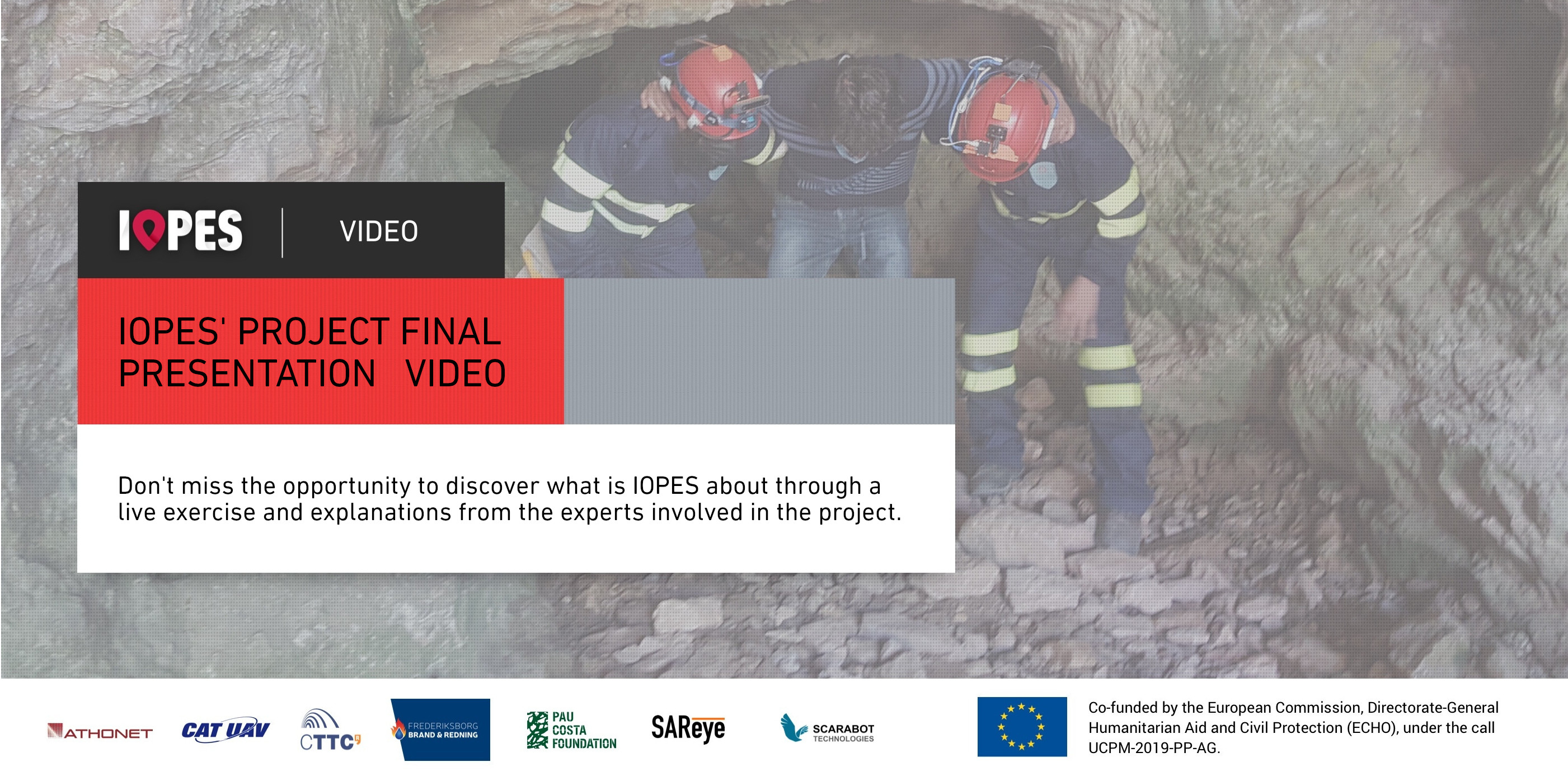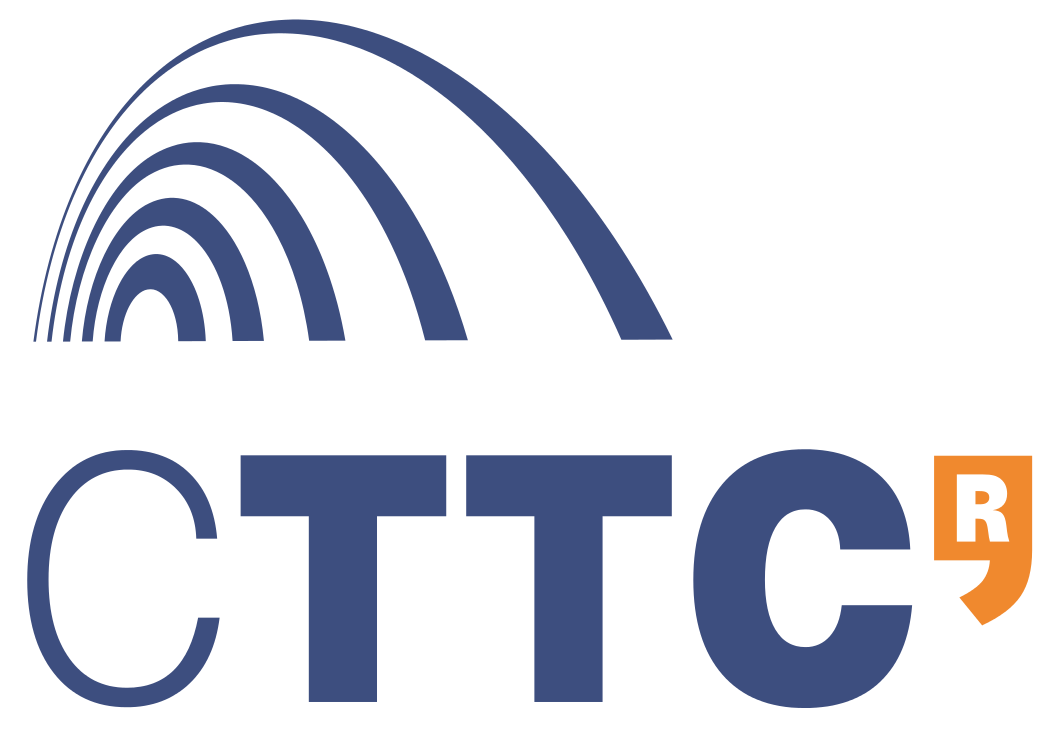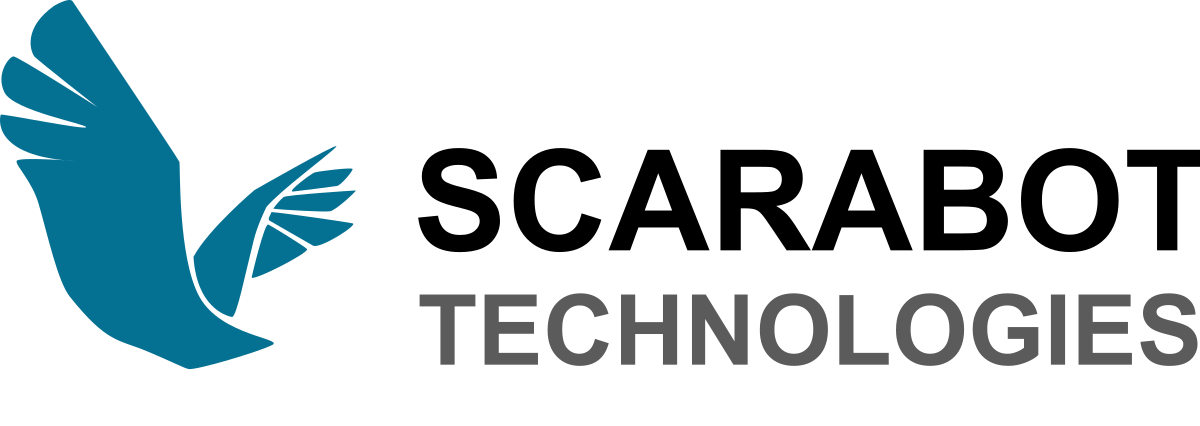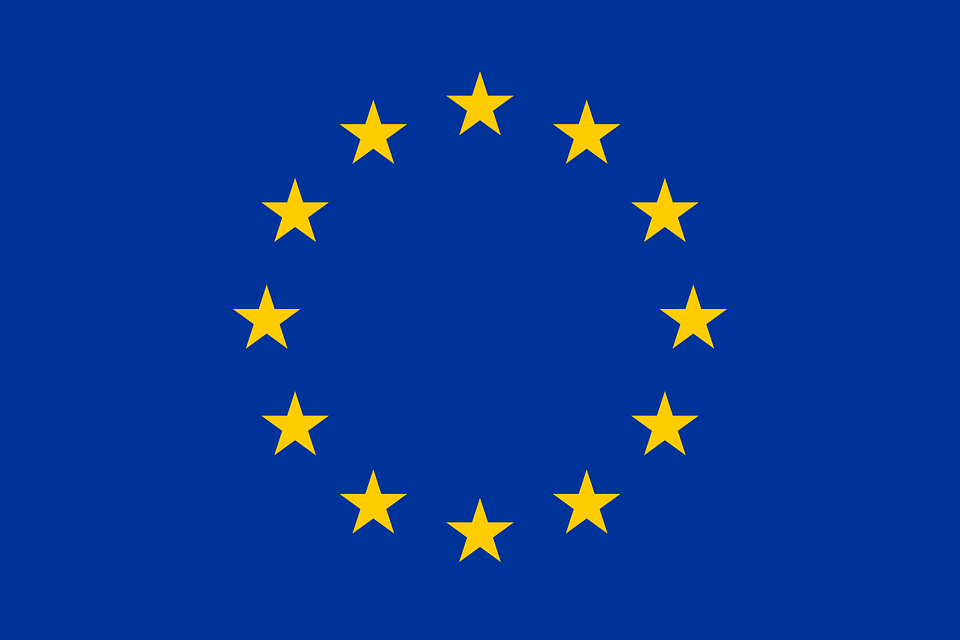Background
The IOPES is a two-year project co-funded by the European Commission, Directorate-General Humanitarian Aid and Civil Protection (ECHO), under the call UCPM-2019-PP-AG.
The 2019 Call for Proposal (Preparedness projects) focused on strengthening preparedness for responding to multi-sector emergencies, including health, CBRN, environment and marine pollution in Europe and its Neighbourhoods. IOPES targets the specific objective number two: Developing operational tools to facilitate emergency response.
Goals
Concept
The IOPES project integrates wearable positioning technologies, LTE/5G portable and easily deployable communications, a seasoned IT-based emergency management system as well as fast mapping products in order to track the positions of the members of emergency teams, no matter whether they are indoors or outdoors, willing to strengthen the preparednes of civil protection and emergency teams involved in several kind of disaster-related operations.
Consortium
Activities
User Needs
This activity includes the assesment of user needs through interaction with end-users and stakeholders and the definition of the scenarios used to test the IOPES system.
Outreach
This activity seeks to make the outcomes of the project known by other civil protection and emergency collectives, by presenting it in scientific and specialized forums, webinars and a final conference.
System integration
This activity takes care of all the technical aspects required to deliver an operational IT-based solution meeting the specifications collected from end-users.
Field testing
Two functional exercises will be carried out in Spain and Germany, where the IOPES system will be put to the test in different environmental and emergency conditions.
Long-term sustainability
The aim of this activity is to identify and ideally provide all the possible resources at hand so the lifespan of IOPES goes far beyond this project itself, increasing its uptake.
Outcomes
The first outcome of the project will be an IT-based solution, that is, an enhanced Emergency Management System (EMS) able to track emergency teams in real time.
The data collected by this EMS lead to the second outcome of IOPES: the later dissection of such information to trace the behavior of the teams, linking variables as time, position & events, making possible a post-mortem analysis of the emergency and thus the development or refinement of strategies aiming at the improvement of emergency management.

Latest news
-
Jun 30 2021 09:42
Final version of the first IOPES exercise video already available
The final version of the video recording of the IOPES' first field exercise is already available. Just click on the banner below to watch it. -
Jun 09 2021 10:48
Save the date: broadcast of the first field exercise
On June 6th, the video about the first IOPES exercise will be broadcast. Just before, the audience will be given an introduction explaining the... -
Mar 08 2021 12:52
Preparing the May exercise
Last week the Spanish partners of the consortium met at CATUAV/BCN drone center to prepare in-situ the small-scale exercise to be done in May at... -
Mar 05 2021 14:25
Collsuspina. Town and surroundings and the BCN drone center test site
Our first set of exercises will take place at Collsuspina. CATUAV, one of the IOPES technological partners is located in this town. Their premises... -
Mar 04 2021 14:14
Seamless indoor / outdoor positioning
During these last days, at CTTC we have been testing the seamless indoor/outdoor positioning system in different scenarios, from forests to small... -
Mar 01 2021 12:46
The communications component
The portable and compact private mobile network is deployed to provide local 4G-5G communications in isolated areas, with the possibility of... -
Jul 08 2020 08:25
The first IOPES webinar is already available
The first IOPES webinar, “A step further in emergency staff positioning for improving their safety”, took place on Monday, July 6th 2020, at 6:00 PM... -
Jun 18 2020 10:26
Save the date: first IOPES webinar will take place on July 6th, 2020
The first IOPES webinar, “A step further in emergency staff positioning for improving their safety”, will take place on Monday, July 6th 2020, at... -
Feb 26 2020 14:44
The IOPES project is presented at the ENPC info day (Spanish)
The IOPES project was presented at the venue of the Escuela Nacional de Protección Civil (National School for Civil Protection) during the info day... -
Feb 21 2020 10:15
IOPES presented in DG-ECHO
On February 12th, 2020, the IOPES project was presented in Brussels at the European Comission - DG ECHO facilities during the Kick-off-Meeting fro selected... -
Jan 16 2020 09:09
The first IOPES' users meeting took place in Castelldefels (Barcelona)
On January 16th, 2020, the IOPES Consortium held the first End User meeting in the premises of the Centre Tecnològic de Telecomunicacions de Catalunya (CTTC)... -
Jan 15 2020 11:50
IOPES kickoff meeting held in CTTC’s premises in Castelldefels (Spain)
The IOPES kickoff meeting took place at the premises of the Centre Tecnològic de Telecomunicacions de Catalunya (CTTC) in Castelldefels (Barcelona, Spain) on...










